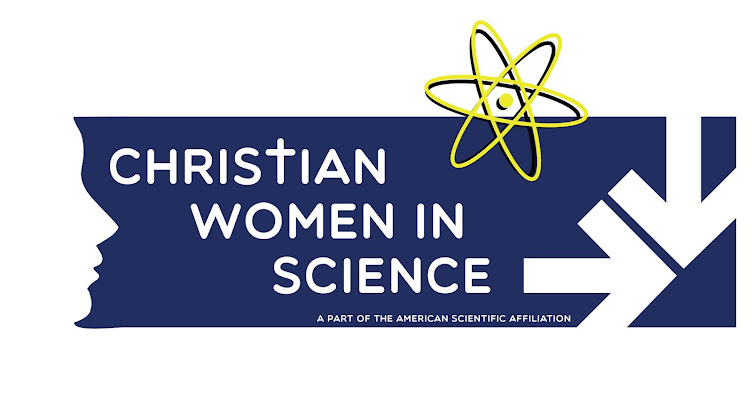Alzheimers
In June 2023, the FDA approved the first gene therapy for children with Duchenne muscular dystrophy. People with this muscle-wasting disease don’t make the protein dystrophin, which helps keep muscle cells intact. The therapy helps the body produce a version of the missing protein.
The Alzheimer’s drug lecanemab (Leqembi) won FDA approval in July. Lecanemab removes the beta amyloid plaques in the brains of people with Alzheimer’s. Beta amyloids are the hallmark of Alzheimer’s. These proteins clump together to form plaques that destroy neurons, which are the cells that form the brain’s communication system.
The drug does not stop the disease, but in a clinical trial, lecanemab slowed cognitive decline by about 30 percent over 18 months compared with a placebo.
Medicare will provide coverage under certain conditions.
Muscular Dystrophy
The disease is progressive and most affected individuals require a wheelchair by the teenage years. Serious life-threatening complications may ultimately develop including disease of the heart muscle (cardiomyopathy) and respiratory difficulties.
On December 8, the U.S. Food and Drug Administration approved Casgevy, the world’s first CRISPR/Cas9 gene-editing therapy. The treatment helps patients produce healthy hemoglobin. In people with the disease, hemoglobin is abnormal, causing red blood cells to become hard and crescent shaped, which can block blood flow. By March 2024, the FDA will decide whether the same therapy can be used to treat beta-thalassemia, a disorder that reduces hemoglobin production.
Postpartum Depression (PPD)
Until August, the only medication in the United States specifically targeting postpartum depression required a 60-hour intravenous infusion in a hospital. With FDA approval of zuranolone (Zurzuvae), women suffering postpartum depression can take an oral medication at home and experience improvement in as little as three days. Zurzuvae is a medication belonging to the neuroactive steroid class. It acts on GABA receptors, providing rapid relief for postpartum depression.
Zurzuvae may cause side effects such as dizziness, drowsiness, and nausea. It may also cause headaches or sleep disturbances.
Sickle Cell Disease


No comments:
Post a Comment